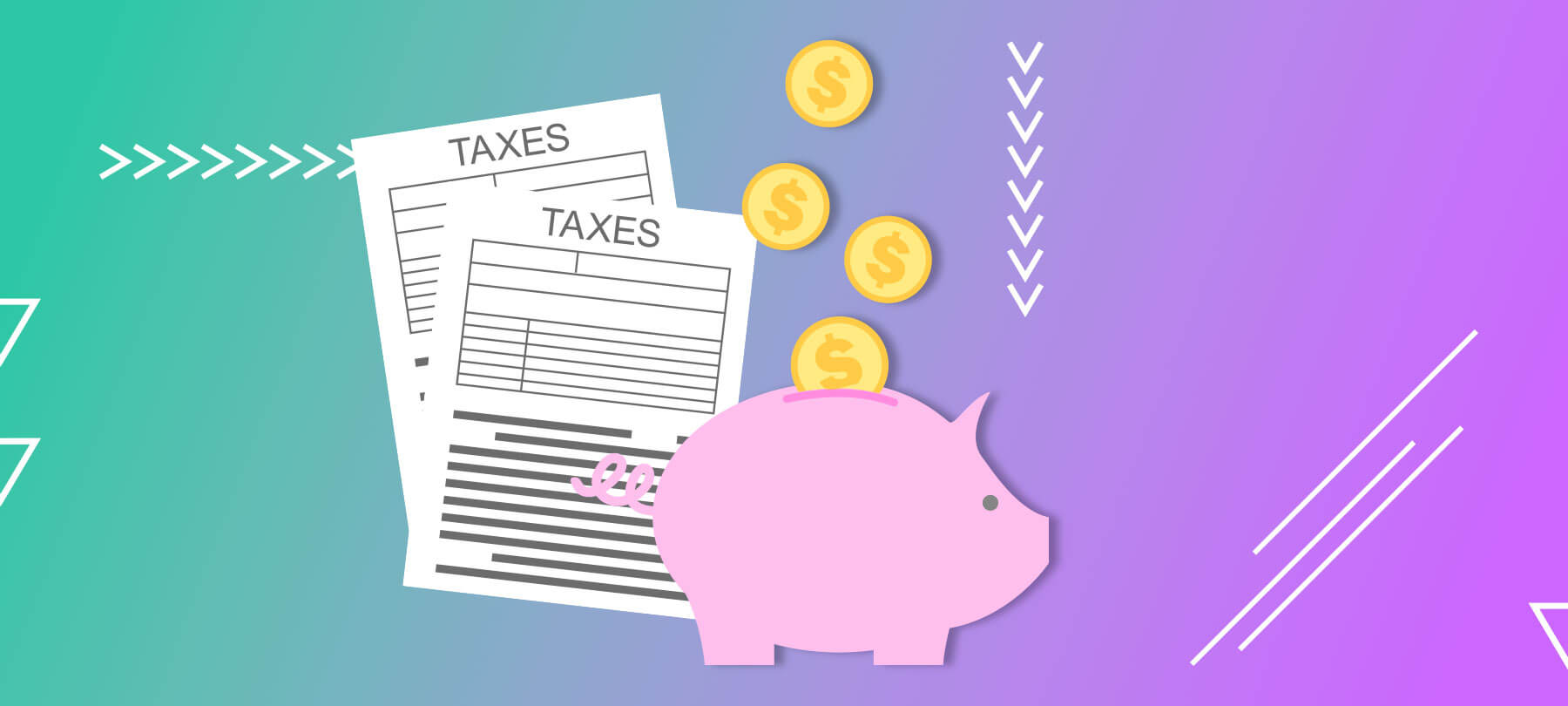
4 tax scams to watch out for in 2021
It’s tax season in the US, and as per usual, the bad guys are out in full force. As in previous years, they’re attempting to scam people out of personal information, money, and more. Here are 4 sneaky tax scams that you need to watch out for in 2021.
Fraudulent Refunds
How it works: Scammers use stolen data to file other people’s tax returns, leading to unexpected (and larger-than-anticipated) tax refunds. They then contact their victims pretending to be someone the IRS, and telling them that there has been an error. The unfortunate taxpayers, not wanting to owe money to the government, “return” the money to the scammers. Of course, the IRS doesn’t know anything about this, and will eventually come asking about the original fraudulent return!
Tip: If you receive a tax refund from the IRS without having filed your taxes, it’s likely that you are the victim of identity theft. If someone claiming to be from the IRS contacts you about the alleged error, don’t give them any personal information — and certainly don’t send them any money. Instead, follow the steps outlined on the IRS website to resolve tax-related identity theft.
Bogus Unemployment Claims
How it works: Due to the COVID-19 pandemic, many people were out of work last year. As a result, there was a huge surge in claims for unemployment benefits. Scammers knew this, and were filing fraudulent unemployment claims throughout the year. As a result, some taxpayers are now being sent IRS Form 1099-G, which is used to report unemployment benefits on tax returns — even though they never actually received any unemployment benefits!
Tip: If you’ve received an unexpected 1099-G, don’t just ignore it! You may be the victim of identity theft. If you find yourself in this situation, the IRS says that you should “contact the issuing state agency to request a revised Form 1099-G” showing that you never received the benefits on the incorrect form.
Fake Debt Relief
How it works: Because of the financial turmoil of 2020, a large number of people owe tax debts that they are unable to pay. Shady debt resolution companies have been making misleading claims about special “offer-in-compromise” (OIC) deals that allow taxpayers to settle debts with the IRS for a fraction of what they owe.
Tip: OIC agreements are real, but very few delinquent taxpayers actually qualify for them. The scam here is that predatory debt relief companies are making promises that they can’t keep — or worse, using the lure of an OIC payment plan to steal personal information or charge exorbitant service fees. Don’t work with someone who contacts you about tax debt relief. If you really need help, work with a reputable financial planner, tax attorney, or accountant instead.
Recovery Rebate Tax Scams
How it works: Many people were supposed to get COVID-19 stimulus money in 2020, but either received nothing or received the wrong amount of money. For the past year, scammers have been using the stimulus payments as a way to scam people out of money and personal information. As some people are still waiting for their stimulus funds, the bad guys may try to use the issue of missing relief money in a tax season scam.
Tip: If you qualified for but never received COVID-19 stimulus funds, or received too little money, you may be entitled to take the Recovery Rebate Credit on your 2020 tax return. This is the way to recover missing stimulus money. If anyone calls you, emails you, or sends you a letter offering to help you get your stimulus funds, it’s almost certainly a scam. Ignore such offers. Don’t give out any personal information or financial details — and definitely don’t pay any fraudulent processing fees! Instead, consult your licensed tax preparer, the support team for your tax preparation software, or the IRS info page for more information about the Recovery Rebate Credit.
Further reading
This article focused on the newer 2021 tax scams. But you should also be on the lookout for “classic” scams that we see every year. For more information, check out our articles on the following topics:



